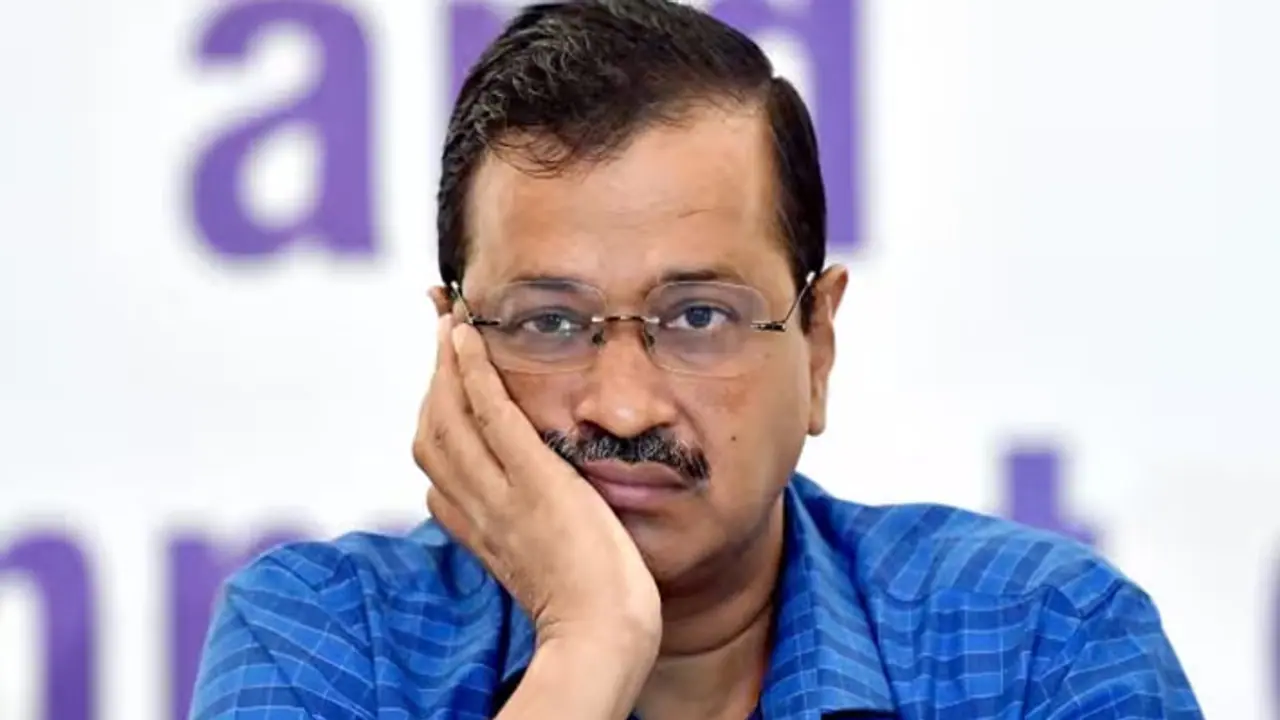The Enforcement Directorate arrested Delhi Chief Minister Arvind Kejriwal after a search at his residence and interrogation related to a money laundering investigation linked to the now-scrapped excise policy case. The arrest followed the Delhi High Court's refusal to grant him interim protection in the probe.
The Enforcement Directorate (ED) made a significant move on Thursday, arresting Delhi Chief Minister Arvind Kejriwal following an extensive search at his official residence and a nearly two-hour interrogation session. This development unfolds amidst an ongoing money laundering investigation linked to the excise policy case. The arrest follows the denial of interim protection by the Delhi High Court earlier in the day, as the court declined to shield Kejriwal from coercive action in the money laundering probe.

Also Read: ED arrests Delhi CM Arvind Kejriwal in money laundering case linked to excise policy
What is the case about?
The case under scrutiny pertains to alleged corruption and money laundering surrounding the formulation and execution of the Delhi government's excise policy for 2021-22, which was subsequently annulled.
The Enforcement Directorate alleges that AAP leaders received kickbacks amounting to Rs 100 crore in connection with the excise policy. Kejriwal's name has surfaced multiple times in the charge sheets filed by the ED, with the agency asserting that the accused were in communication with Kejriwal regarding the formulation of the excise policy.
What is the Enforcement Directorate claiming?
According to the ED's assertions, Kejriwal has been designated as a "conspirator" in the case, alongside Bharat Rashtra Samithi (BRS) leader K Kavitha and AAP leaders Manish Sisodia and Sanjay Singh. The alleged conspiracy purportedly aimed to benefit a liquor lobby from southern India, referred to as the "South Lobby," in exchange for a payment of Rs 100 crore to the AAP.
Statements from various accused and witnesses, as detailed in the agency's remand note and chargesheets, purportedly implicate Kejriwal in the affair. Vijay Nair, a central figure in the liquor policy case, is claimed to have frequented Kejriwal's office, engaging in policy discussions. Allegedly, Nair facilitated meetings between Kejriwal and individuals such as Sameer Mahendru, the owner of Indospirit, including a video call where Kejriwal purportedly endorsed Nair as his trusted confidant.
Raghav Magunta, identified as the primary accused in the "South Lobby" affair and now a witness, reportedly asserted that his father, a YSR Congress Party MP, met with Kejriwal to discuss the liquor policy. Additionally, C Arvind, former secretary to Sisodia, purportedly received a draft report from Sisodia in December 2022, outlining the discussions of a group of ministers on the matter from the previous year.
Explained: Will Delhi CM Arvind Kejriwal's arrest dent AAP's prospects in Lok Sabha Elections 2024?
